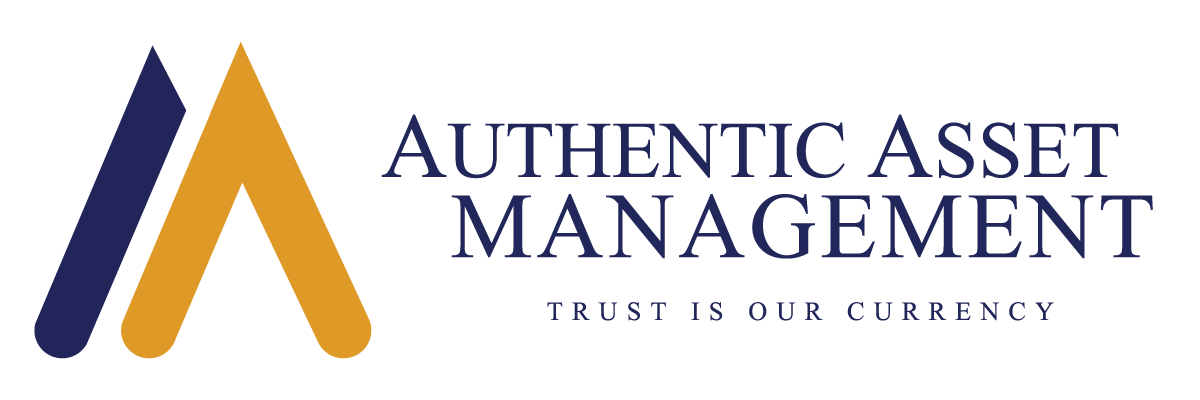Broad acceptance of the rule of law in America is crumbling before our very eyes. President Trump’s repetitious vow to uphold the “Rule of Law” made me realize it. Too many of history’s unsavoury leaders have emphatically espoused it as a ruse while abusing it the most. This revelation is deeply troubling.
We so often take the rule of law for granted here. After all, in its thinnest form, it simply means that a nation is governed by publicly declared laws rather than the arbitrary decisions of individuals. Its citizens and government officials act in accordance with legal rules that exist to constrain behaviour. That’s it. From an operational perspective, effectiveness requires a legal framework. The law should be applied with certainty and in accordance with its terms, irrespective of who they are applied to (rich president or poor citizen alike). An independent judiciary following defined procedures to adjudicate would be ideal. Then when the law is broken, even-handed consequences can and should be meted out.
Scratch and sniff the underbelly of the American nation. Trust in the government is at a tipping point. Cultural belief in the rule of law is becoming threadbare amongst the citizenry. Its pursuit can no longer be assumed to be second nature to government officials. That Americans respect the international rule of law is faltering in the eyes of her allies. Social cohesion is unwinding, and the pace can accelerate.
Here are AUTHENTIC’s top 3 contemplations:
- Liberty and Democracy – A polarizing interpretation of the “blessings of liberty” enshrined in the US constitution is now cursing the content of American legislation. Liberty implies that the demands of laws placed upon individuals be minimized. There is a faction of radical individualism believing that this definition precludes government from imposing any sharing concepts such as universal health care and financial protections upon all citizens. This line of thinking and legislative pursuit is thinning American democracy, as evidenced by the political fiascos surrounding the Affordable Care Act. While the rule of law doesn’t require a strong democracy, in fact it doesn’t require a democracy at all, citizens are more willing to accept and abide by laws when they feel that elected government officials truly represent them. In this regard, President Trump’s assertions that the people have spoken, and they are in favour of his policies, appears stretched at times. After all, in terms of every man, woman and child, only 1 in 5 voted for him (and less than 30% of the eligible voting population).
- Economic benefit transfer – In terms of changing the rules of the game, the Trump administration agenda appears to go against the grain of modern social consciousness and regard for a broader national well-being. The primary impetus is geared towards transferring economic benefits as quickly as practicable to corporate shareholders (and company executives whose pay is linked to share prices). Capital market deregulation implies a reduction in the safeguards financial institutions must maintain today to reduce the effects of wrong-doing and to protect against failures tomorrow. Relaxation of environmental protections reduces cleaning costs to corporations in favour of raising pollution damage borne by society. To the extent tax reform reduces corporate rates and costs of repatriating foreign capital, the debt position of the government worsens the communal balance sheet for the next generation. Furthermore, Trump’s vow to cut two regulations for every new one adopted, may enable informed groups to more rigorously pursue unethical activities with less risk of punishment. Monetary penalties without admission of wrong-doing, may become even more de rigueur, or avoidable altogether, to those who enjoy large sudden gains and can afford strong teams of lawyers for long drawn out legal cases.
- Legality of international interventions – For her allies, unsanctioned international military actions by America now take their toll. The generosity of the Americans after WWII was embodied in the Marshall Plan, a European Recovery Program for which the Germans and French were deeply grateful for over 50 years. That goodwill ballooned after 9/11 but was abruptly popped by the US-led invasion of Iraq in 2003. Despite strong opposition, inadequate justification, and failure to gain proper sanctioning by the UN Security Council, America bombed and marched in. For the first time since WWII, these European allies no longer felt that America can do no wrong. This setback should not be underestimated. Now again, the latest US attack, on the Syrian military airport, was also not an act of self-defence nor sanctioned by the UN. As such, while this strike may be palatable behind closed doors, it is still an impulsive and illegal intervention which casts a taller shadow over respect for the international rule of law.
If this central bank jawboning does lead to a more proactive and coordinated approach to monetary policy tightening, then it would be pivotal for the financial markets and play out in one of two directions. If the market narrative was that central banks’ actions were warranted by accelerating economies, then portfolios tactically positioned with a strong cyclical bias will fare well.
Our view at AUTHENTIC, albeit tentative, leans in the other direction. If the central banks decide to become more assertive towards a neutral stance, then on the margin, their actions become less dependent on strong economic data being released. Equity momentum will be broken. Such a hypothesis reinforces cautiousness towards consumer cyclicals, industrials and energy stocks, and a relatively favourable disposition towards financial, health care, and technology stocks. Tactical short positions in interest rates enjoy a greater reward to risk. If central banks become more active, the fate of the US dollar, commodity prices, and emerging markets will be at the mercy of a broad spectrum of possible outcomes.

